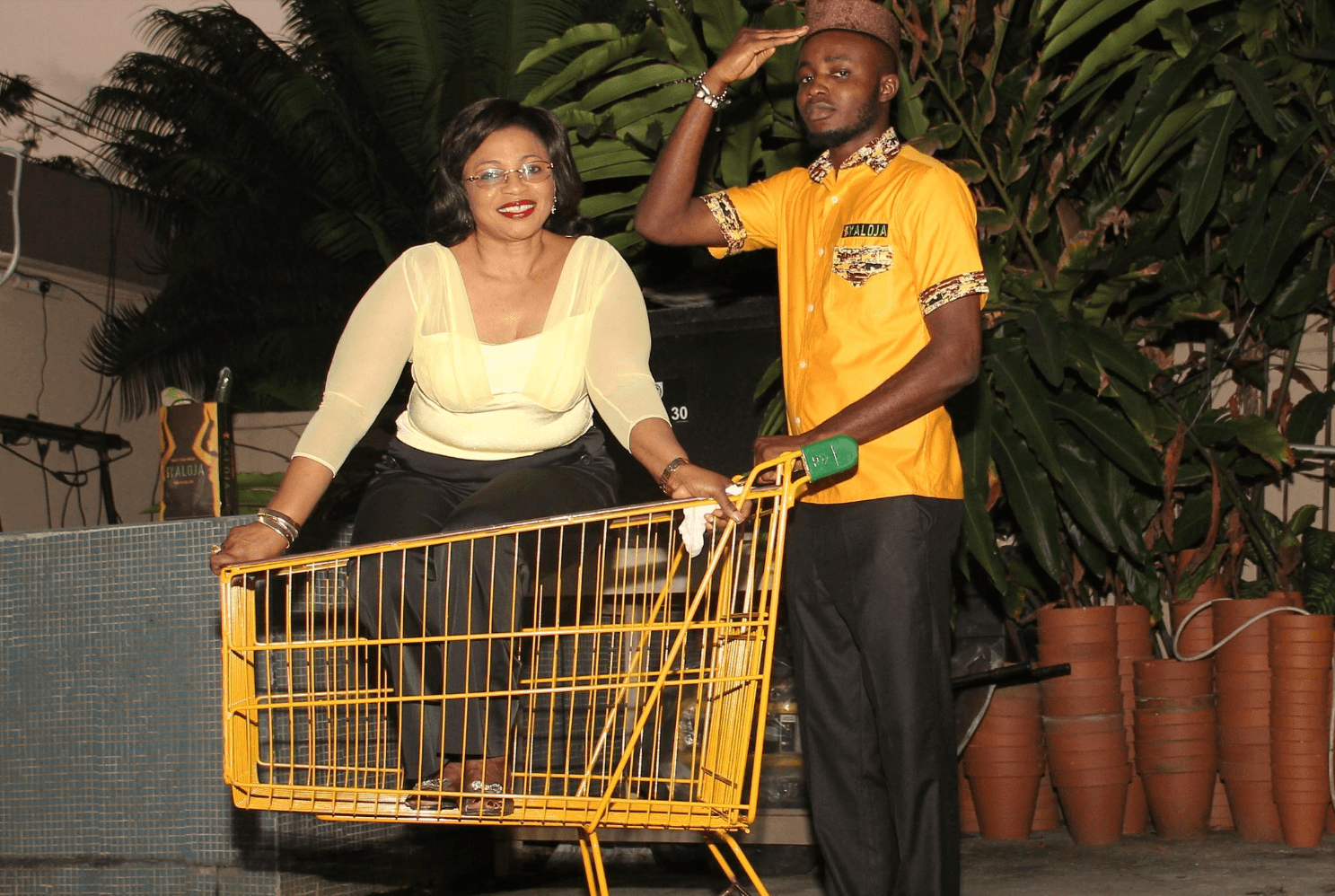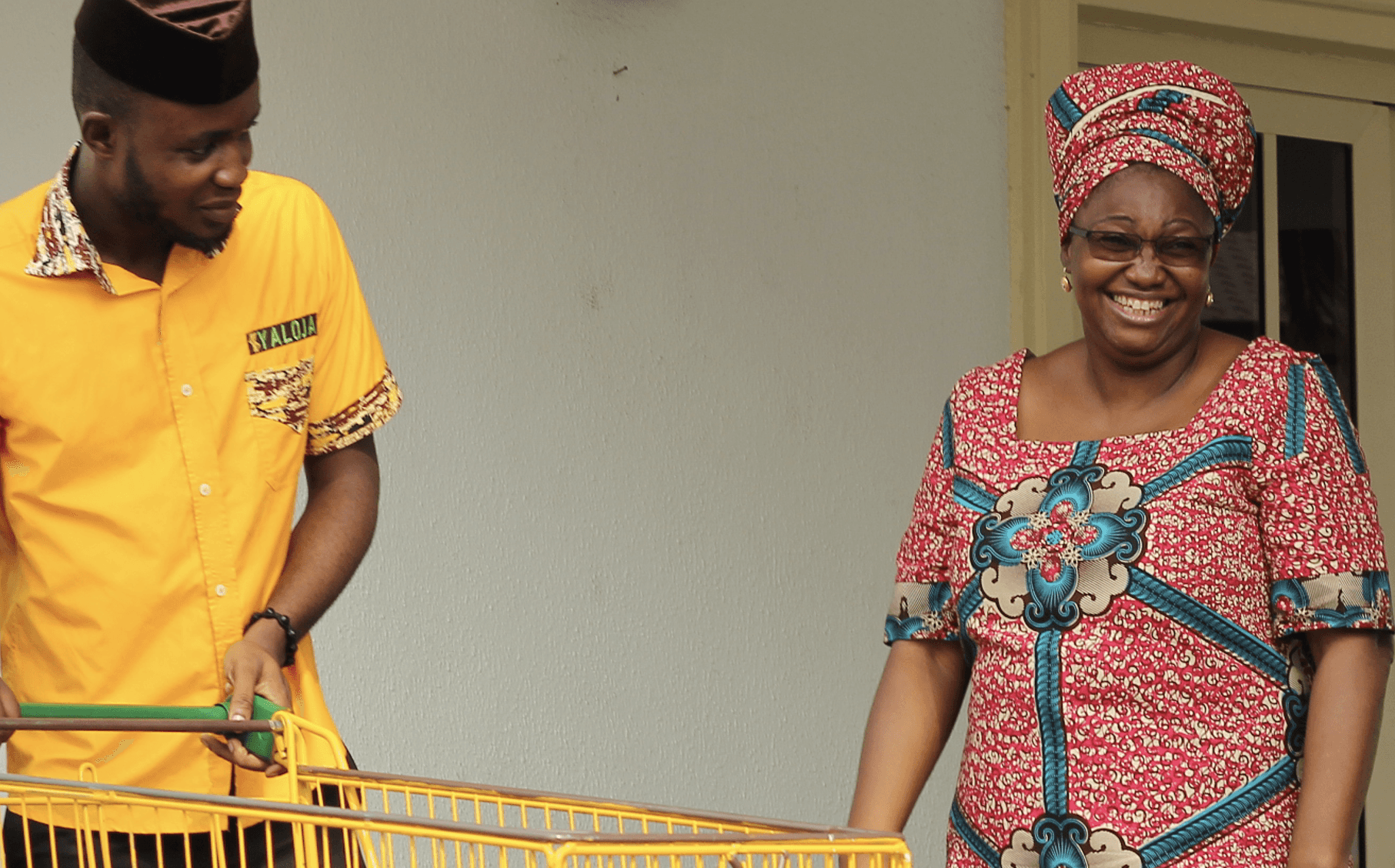Aug 28, 2024

Startup
Lessons
The year 2012 marked the beginning of a journey that would forever shape my understanding of entrepreneurship. It was my first real foray into the world of startups, and like many, it was a blend of excitement, hard lessons, and ultimately, letting go. Three friends, bound by years of camaraderie and shared dreams, decided to embark on what seemed like a thrilling business venture. Several years later, I’m here to share not just a story of disappointment, but one of growth, reflection, and a toast to all the entrepreneurs who’ve dared to try and fail.
The concept behind Yaloja was simple yet powerful: to ease the burden of grocery shopping for young Nigerian women juggling careers and home life. We believed our Ideal Customer Profile was the modern Nigerian woman, balancing the demands of work with the responsibilities of running a household. Yaloja was more than just a grocery delivery service; it was intended to be a woman’s trusted companion. Our vision extended beyond groceries—bi-annual cookbooks, chef hire services, quarterly cookout picnics, a YouTube food channel, and even a food festival were all part of our ambitious plan.

Yaloja's website in 2012.
For nearly two years, we poured our hearts into building Yaloja. But in the end, the venture didn’t survive. The primary reason was a cofounder’s inability to secure the promised capital, but the cracks ran deeper. There were fundamental issues that we failed to address early on, and these ultimately led to our decision to part ways.
The Good Times:
There were, however, moments worth celebrating. Creating Yaloja’s brand identity was an exhilarating experience. We worked hard to design everything from the logo and website and even consulted the renowned Andrea Iyamah to design our delivery outfits, bringing a unique aesthetic to our brand that we were incredibly proud of.
We were also fortunate to have amazing people who believed in our vision and were eager to build alongside us. Their support was invaluable and served as a crucial reminder of the importance of having a solid support system in any entrepreneurial endeavor.
Yaloja also opened doors for me. It helped me secure a spot in the inaugural The Tony Elumelu Foundation Entrepreneurship Program in 2015, an opportunity that provided me with invaluable insights and connections.

Olaolu with Mrs. Abimbola Fashola, Former First Lady of Lagos State.
The Lessons:
But with the good came the hard lessons—lessons that I now pass on to other aspiring entrepreneurs.
1. Not all great friends make great co-founders. While I remain cordial with my former partners, it’s clear that our friendship didn’t translate well into a business partnership.
2. Discuss everything upfront. The 50-founder’s questionnaire, widely available online, is a crucial tool for ensuring that you and your co-founders are on the same page from the start.
3. Draft a founder’s agreement early on. Clearly define roles, and expectations, and decide who will take on the CEO role before anyone signs on the dotted line.
4. Assign equity based on commitment. Equity should reflect the time, resources, roles, and experience each founder brings.
5. Launch fast and talk to your customers. Don’t get bogged down by overthinking. Iterate or pivot based on real feedback, not assumptions.
6. Solve a genuine problem. Ensure you’re addressing a need people are willing to pay to have solved, rather than assuming they’ll want what you’re offering.
7. Legally protect your business. Ensure you have an IP assignment, patents, and trademarks in place. I learned this the hard way in 2014 when a close friend suggested reviving Yaloja after my former co-founders relinquished their shares. Unfortunately, he took our logo, images, and business plan to launch his grocery delivery business.
The End is Just the Beginning
Yaloja was one of the most exhilarating and enlightening experiences of my life as a startup founder. While it didn’t end the way we hoped, it taught me lessons that will serve me in every venture I undertake moving forward.
Today, I raise a glass to every founder who has had to build, and then bury, their ideas. Because in every end, there is the seed of a new beginning.
